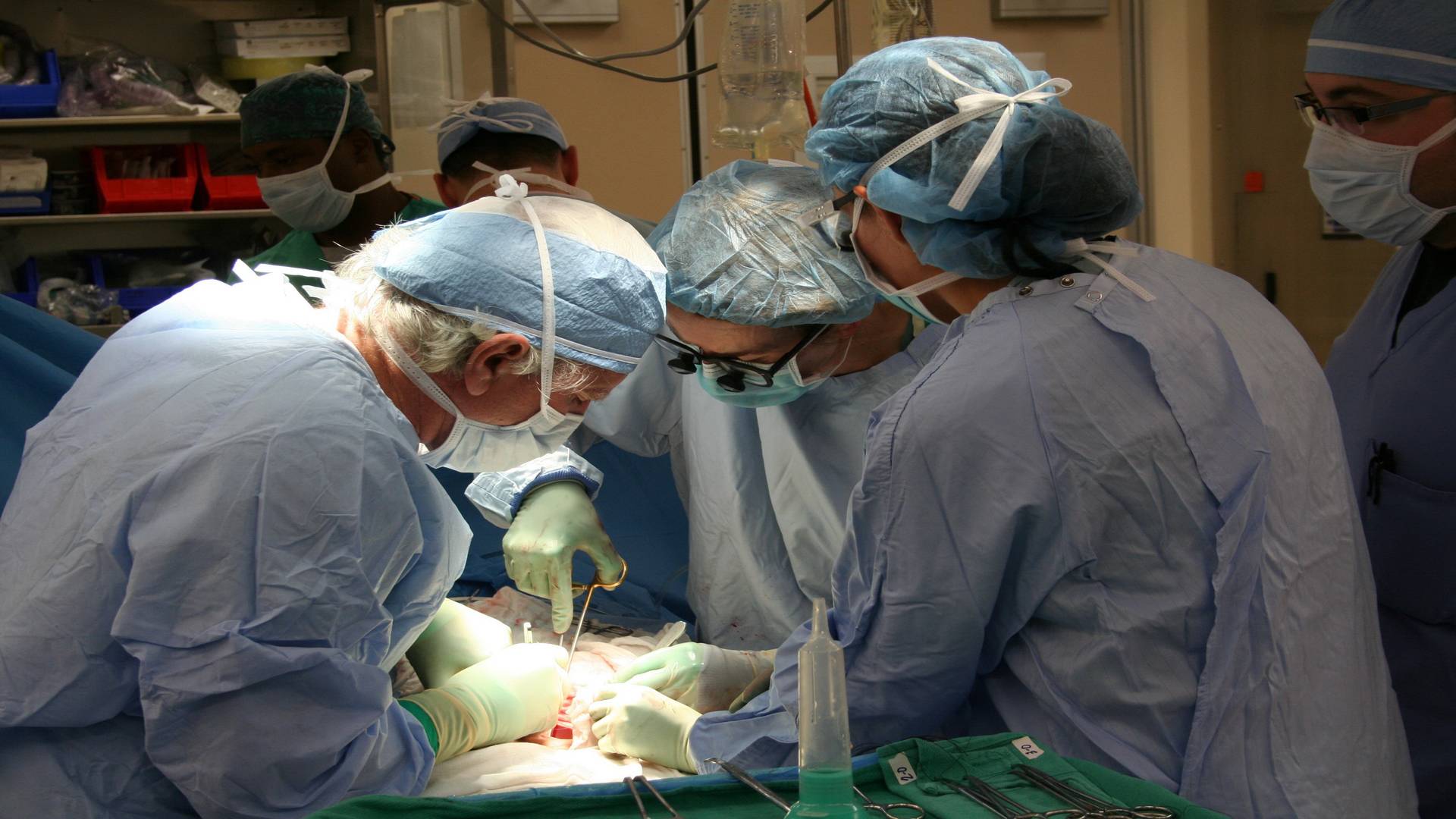
The law on organ transplants in Germany requires fundamental changes to the legal regulations due to the low level of donations that have been recorded for many years, the Bundestag said. Information about this was published on December 15 on the Bundestag’s government initiatives portal.
Previously, the states of North Rhine-Westphalia, Baden-Württemberg and Hesse submitted a draft resolution to the Federal Council asking the federal government to submit a bill on the so-called resolution of objections to the transplant law.
According to the draft resolution, the removal of organs will no longer require the consent of the victim, a close family member or an authorized person. As a result, each person will be considered a potential donor unless he or she has objected during her lifetime or one of her immediate family members has not objected after her death. The justification is that the previous rule did not work in practice.
“In the vast majority of cases, the decision must be made by relatives, who are often overwhelmed by the burden of decision-making in the acute situation of the death of one or more close relatives, and then refuse or they do not make any decision at the moment. all.”says the resolution.
The resolution also indicates that as of January 1, 2023, there were 8,505 patients on the active waiting list for organ transplants. According to Federal Health Minister Karl Lauterbach, the number of organ donations in Germany has increased this year, but the numbers are still very low compared to international figures.
In addition to Lauterbach, the new approach to resolving objections to organ transplantation was supported by German medical organizations as well as North German Health Minister Karl-Josef Laumann and Baden-Württemberg Health Minister , Manne Lucha.
The big problem, they say, is that very few people document their desire to become organ donors during their lifetime. The Federal Chamber of Medicine, represented by President Klaus Reinhard, also welcomed the Bundesrat’s decision.
“Addressing disagreements can save many lives. “This can help close the large gap between a high fundamental willingness to donate and low actual donation rates.”he said.
However, a member of the German ethics council, the Berlin Catholic theologian Andreas Lob-Hüdepohl, opposed the resolution. In an interview with Publik Forum magazine, he stated that organ donation should always be a voluntary decision.
It should be noted that in the first ten months of this year almost two thirds of all possible organ transplants in Germany were unsuccessful and approximately half were not approved. Only in 35 percent of organ donation cases was the oral or written will of the deceased decisive. Of this figure, 15 percent of possible organ donations were formalized in writing; In the remaining cases, consent was given by family members.
Source: Rossa Primavera
I am Michael Melvin, an experienced news writer with a passion for uncovering stories and bringing them to the public. I have been working in the news industry for over five years now, and my work has been published on multiple websites. As an author at 24 News Reporters, I cover world section of current events stories that are both informative and captivating to read.
